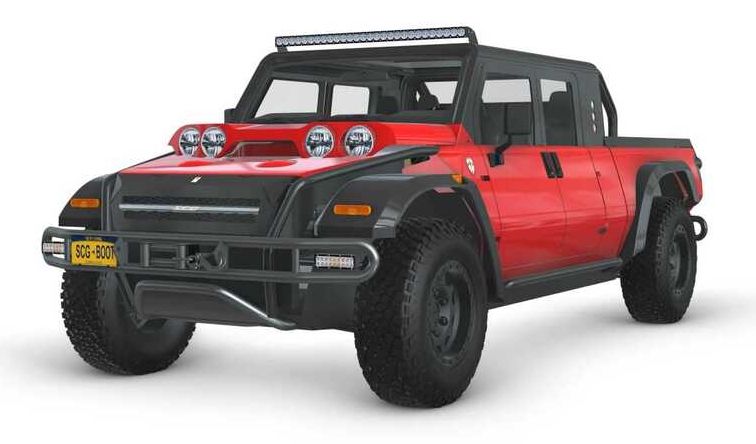This Car Will Lift You Speechless 😱
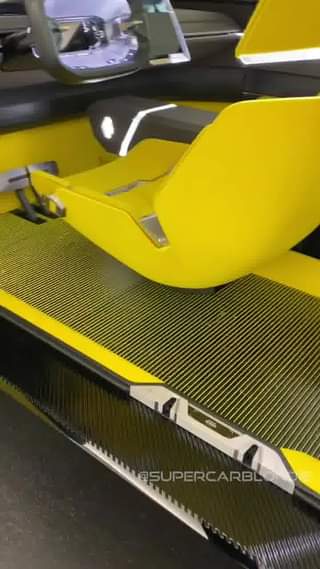

The 2021 Toyota Mirai claims to have better than zero-emissions by filtering the outside air, but it ignores the emissions of hydrogen sourcing.
Able to reach 100 mph and an altitude of 10000 feet, the Transition has a range of about 400 miles It has a 27-foot wingspan but the wings fold up, allowing it to be parked in a single-car garage.
This compact vehicle jack can lift a car, van, or truck safely in only 10 seconds.
A small step for the technology, a giant leap for sci-fi enthusiasts.
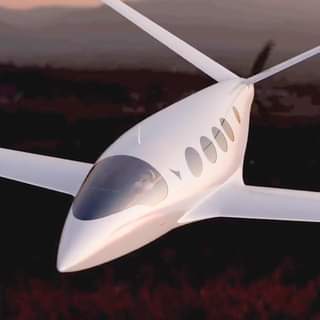
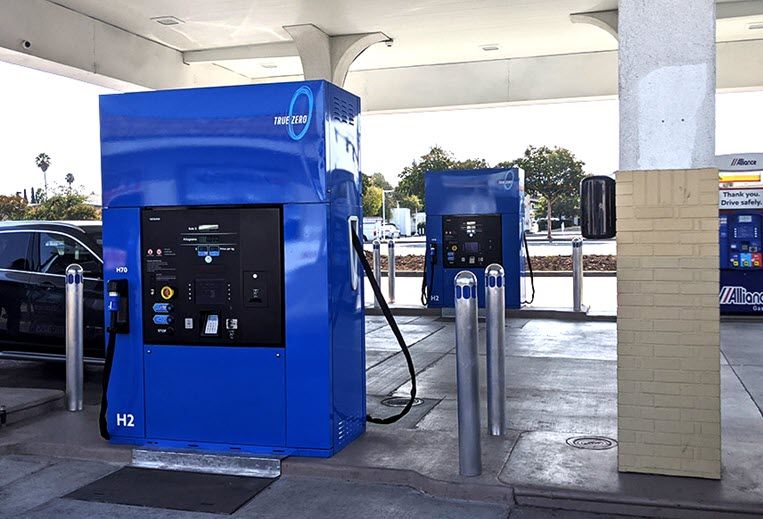
The Sunnyvale True Zero station, located in Silicon Valley, was developed by FirstElement Fuel. It will be open 24 hours a day and is located at 1296 Sunnyvale Saratoga Road, Sunnyvale, CA 94087. The price of hydrogen is $13.08 per kilogram.
The Sunnyvale hydrogen station capacity is 1600 kilograms and has four fueling positions with a total of five nozzles (four H70 nozzles and one H35 nozzle). It is one of the first hydrogen stations in California serving passenger cars to have four fueling positions and capacity up to six times the size of earlier hydrogen stations. The next-largest stations for passenger cars are similar include the True Zero station in Fountain Valley that opened in July and the True Zero station in Oakland, with more than 800 kilograms. It opened in late 2019.
This station will be able to fuel three cars simultaneously, increasing the number of vehicles served in a shorter time. This and future stations like it will help meet the needs of the growing fuel cell passenger car market in Silicon Valley and the greater Bay areas and across California.
Welcome back to the Daily Aviation for a new documentary video about the DARPA/USMC Ultra Heavy-Lift Amphibious Connector (UHAC) based on the Captive Air Amphibious Transporter (CAAT) project. This video also feature the US Landing Craft Air Cushion (LCAC) and compares it to the UHAC project.
Footage credit: US marine, derivative work by the daily aviation.
Thumbnail credit: US marine, derivative work by the daily aviation.
Voice, text and video editing belong to The Daily Aviation, any use of these content without permission is forbidden.
Don’t forget to subscribe us on Facebook or Twitter.
https://www.facebook.com/DailyAviationArchive.
Tweets by DailyMDA
You have a question or you would like to send us footage. Send us a message.
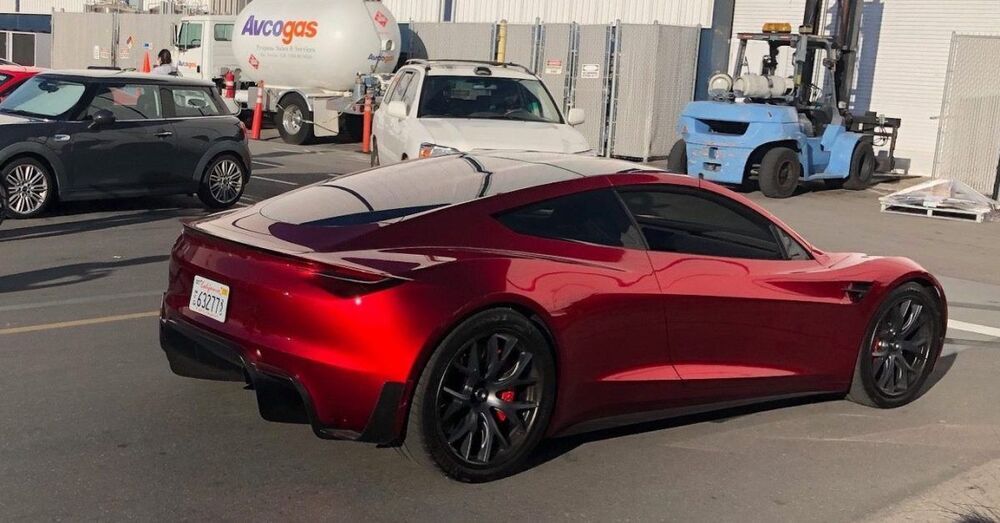
Elon Musk is serious about making the upcoming Tesla Roadster “hover” with rocket technology in new comments about the electric supercar.
When first unveiling the vehicle, Tesla claimed a list of impressive specs for its new Roadster, including 0–60 mph in 1.9 sec, 620-mile of range, and more.
The CEO has been also teasing those specs as the “base specs,” and other versions should have even crazier performance.
